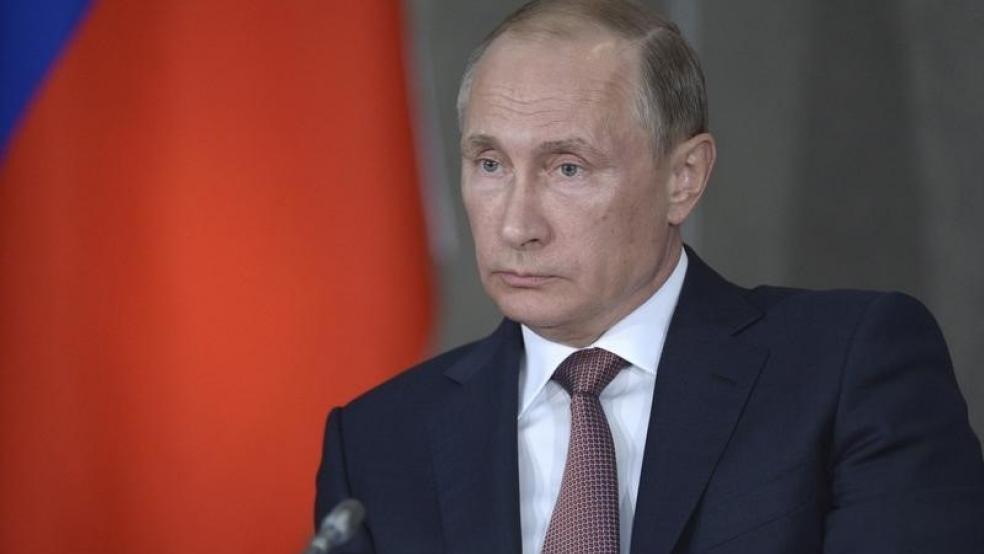Just weeks after Russian military forces began bombing the opponents of Syrian dictator Bashar al-Assad in that country’s intractable civil war, Russian officials on Monday reported that they had broken up an ISIS-connected plot to detonate a bomb somewhere in the city of Moscow’s public transportation system. The Kremlin was quick to assert that the individuals accused in the plot had received their training in Syria.
“During questioning of two suspects, it became clear that they planned to stage terrorist attacks on Moscow’s public transport. Gang ringleaders supplied them with financial resources and components of SVU sniper rifles,” a spokesman for the Federal Security Service, the FSB, said.
Related: Obama Is Certain Trump Won’t Be the Next President
"In the course of search operations, Russia’s Federal Security Service uncovered a group of Russian citizens preparing a terrorist attack in the Moscow Region. An address in Moscow was determined where 6-11 people spent time. Some of them underwent training in Islamic State camps on the Syrian territory and arrived to Russia long before Russia launched a military operation in the Syrian Arab Republic," FSB said.
The FSB reported finding an improvised explosive device with a payload equivalent to 5 kilograms of TNT in the apartment.
Russian President Vladimir Putin launched his country’s military effort in Syria last month, claiming at the time that part of the reason was to deter ISIS from attacking Russian at home.
The uncovering of a Syria-related terrorist plot in Moscow so soon afterward is, if nothing else, politically convenient for Putin. Russian soldiers have been fighting in Ukraine for more than a year, with thousands of deaths reported by outside monitors. Some of the ever-shrinking independent media within Russia have reported on public concern about their soldiers being sent to fight in another foreign war.
Related: Human Rights Group Blasts Putin for Using Cluster Bombs in Syria
The bombing plot that appears to support Putin’s foreign policy can’t help but rekindle memories of the horrific apartment bombings throughout Russia in 1999, in which massive blasts in residential buildings killed nearly 300 and injured more than 1,000. Authorities blamed Chechen militants, and the day after the final plot was uncovered and the bomb disarmed, then-Prime Minister Putin ordered the bombing of the Chechen City of Grozny, igniting the Second Chechen War.
Putin’s popularity spiked, and then-president Boris Yeltsin retired early, paving the way for Putin’s victory in the coming presidential election.
However, as investigators examined the circumstances of the bombings, many came to believe that they had been orchestrated by the FSB itself in a “false flag” operation meant to stir up resentment against Chechnya and prepare the public to support war.
The theory has been aggressively challenged by the Russian government and others but retains significant currency. There has been no evidence put forward suggesting that the plot is anything other than authentic, but there is no denying it’s convenience for Putin’s agenda.





